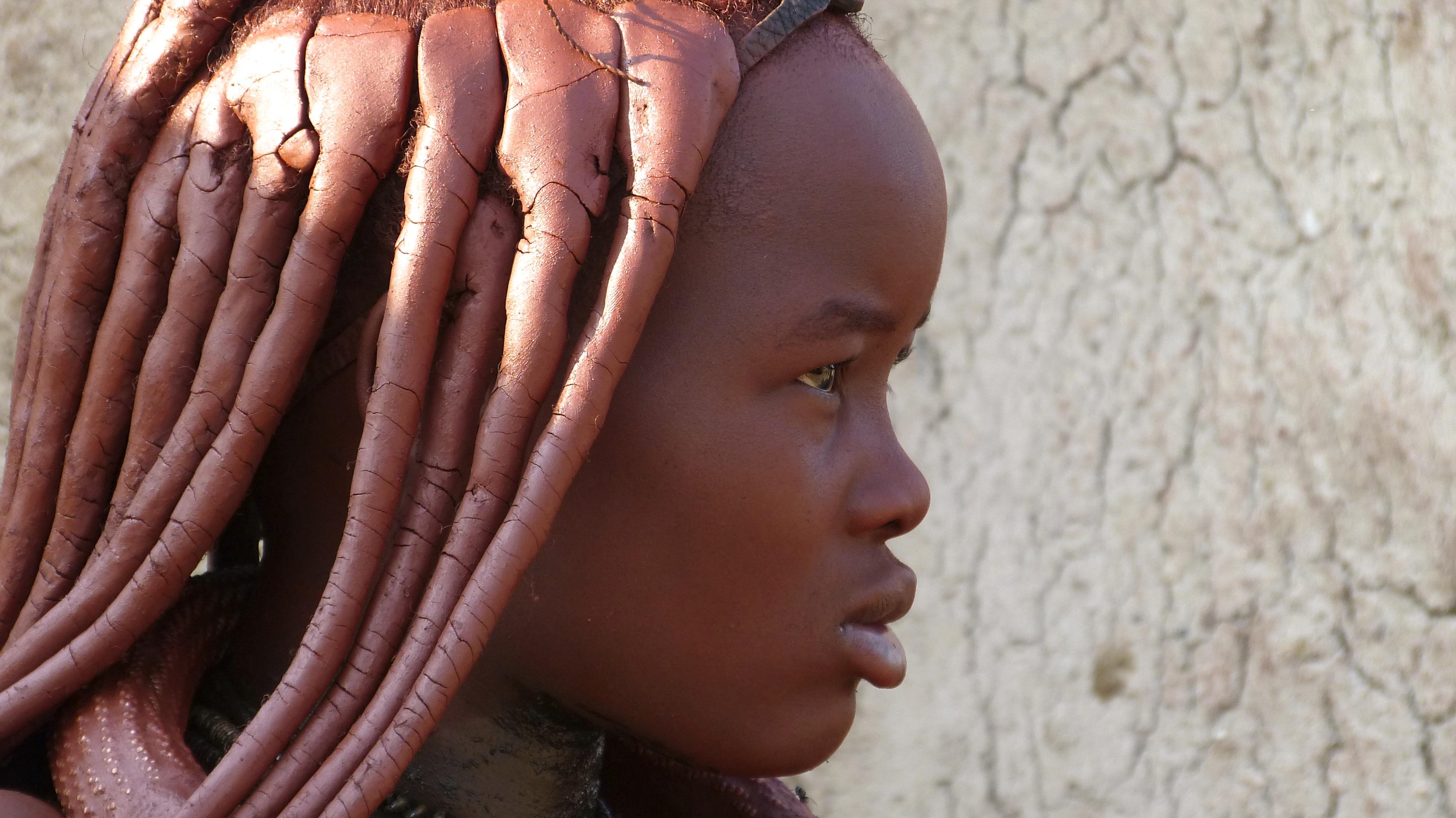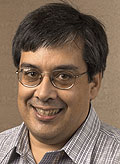
11/04/2014
Alfonso H. Peter Castro, an anthropologist and associate professor at Syracuse University, uses the viewpoint of African people living outside cities to explain the drastic effects of climate change.
“In global dialogue about what to do, the voices of rural Africans have been largely muted,” Castro said. “They are usually portrayed as hapless victims of, or localized contributors to, changing climates; too poor or uneducated to offer insights into mitigation and adaptation strategies.”
He will argue that Americans have a lot to learn about sustainability and climate change from rural Africans, on Wednesday, Nov. 5, at SUNY Cortland.
Castro will present “Climate Change and Sustainability in Rural Africa: Some Perspectives” at 4:30 p.m. in Moffett Center, Room 2125.
“As will be seen, rural Africans have long dealt with climatic uncertainty,” Castro said. “I will also explore the contemporary vulnerability of these societies to climate change and other threats.”
His talk continues the 2014-15 Rozanne M. Brooks Lecture Series. The talk, which is free and open to the public, will be preceded by a reception for Castro at 4 p.m. in the Rozanne M. Brooks Museum, Moffett Center, Room 2126.
This year’s series on the theme of “Culture, Technology and Sustainability,” explores the present and future on a planet with a rapidly growing population, critical food shortages, climate change and a host of other factors that affect the quality of life across the world. Presenters discuss these issues and offer possible solutions to major global problems, including the role technology may play in helping or hindering progress toward a ‘livable planet.’
Castro, who earned bachelors, masters and doctoral degrees from the University of California at Santa Barbara, has applied his anthropology work to research in Darfur, Ethiopia, Mali, Kenya and Somalia. He has held many consulting and research positions, most recently as a lead trainer for a three-day workshop on conflict management in Zalingei, Central Darfur, Sudan as part of the Resources, Economic Security and Peace in Darfur Project (RESP).
A faculty member in Syracuse University’s Maxwell School since 1988, Castro is the editor, author or co-author of eight books, most recently the 2012 text Climate Change and Threatened Communities: Vulnerability, Capacity and Action (London: Practical Action Publishers). He is the author of many more book chapters and articles published in academic journals.
 |
| A. H. Peter Castro |
The Brooks lecture series continues to highlight different geographical regions such as Africa, Asia, and the Americas. Speakers offer presentations on topics ranging from history and art history, archaeology and anthropology, to literature and contemporary arts. The lectures present the opportunity for students and community members to learn about global culture from the experts who have made such subjects their life’s work.
The series honors the late Rozanne Marie Brooks, a SUNY Distinguished Teaching Professor and SUNY Cortland professor emerita of sociology and anthropology. A SUNY Cortland faculty member for 36 years, Brooks died in 1997.
The series is sponsored by a grant from Auxiliary Services Corporation (ASC) and the Cortland College Foundation. For more information, contact Steadman at 607-753-2308.
Prepared by Public Relations Office intern Victoria Lewis